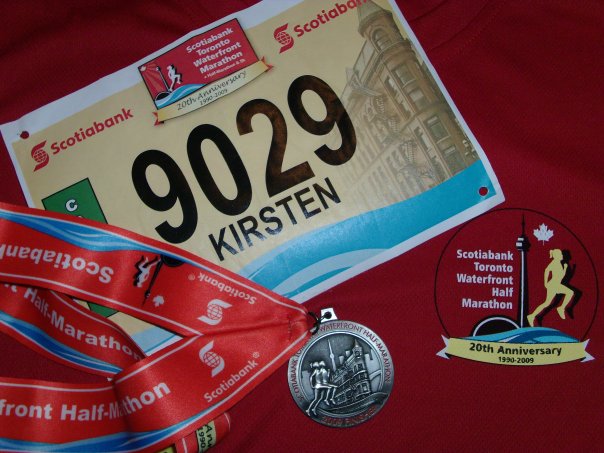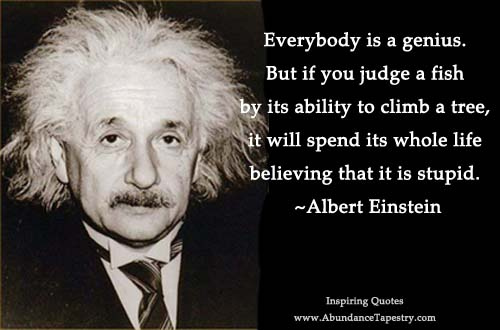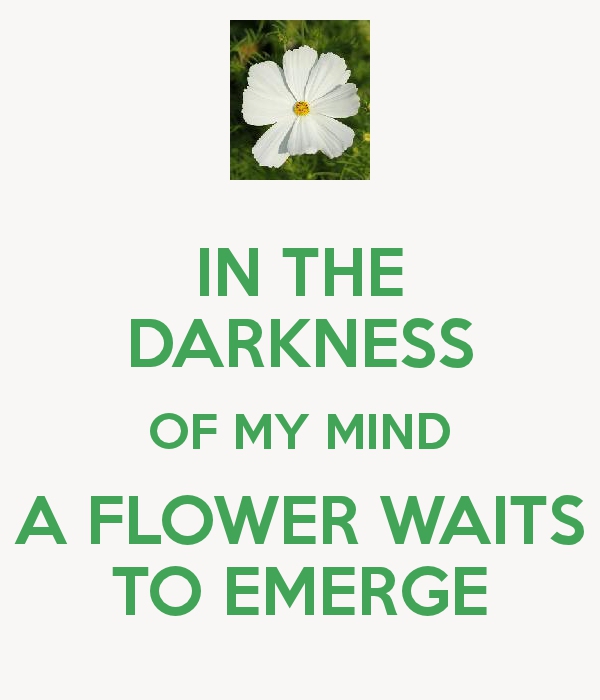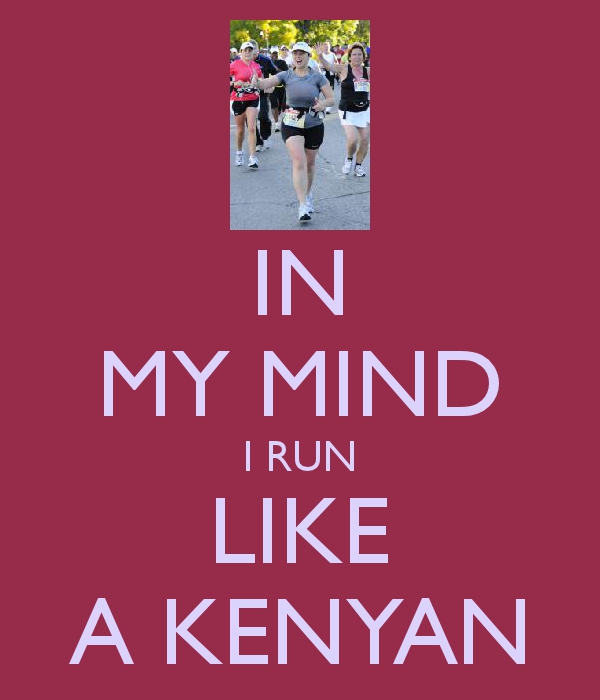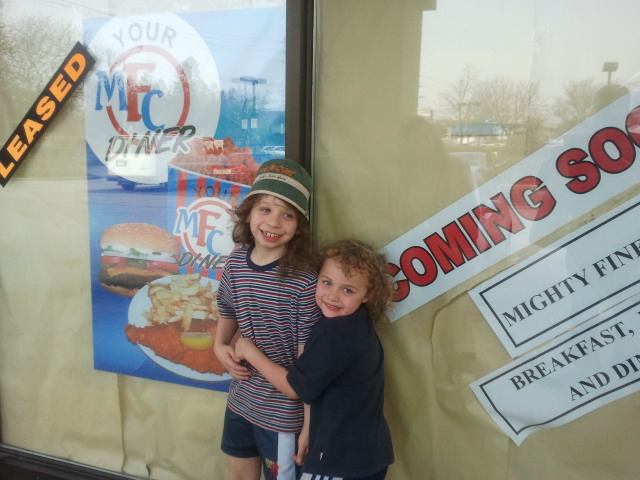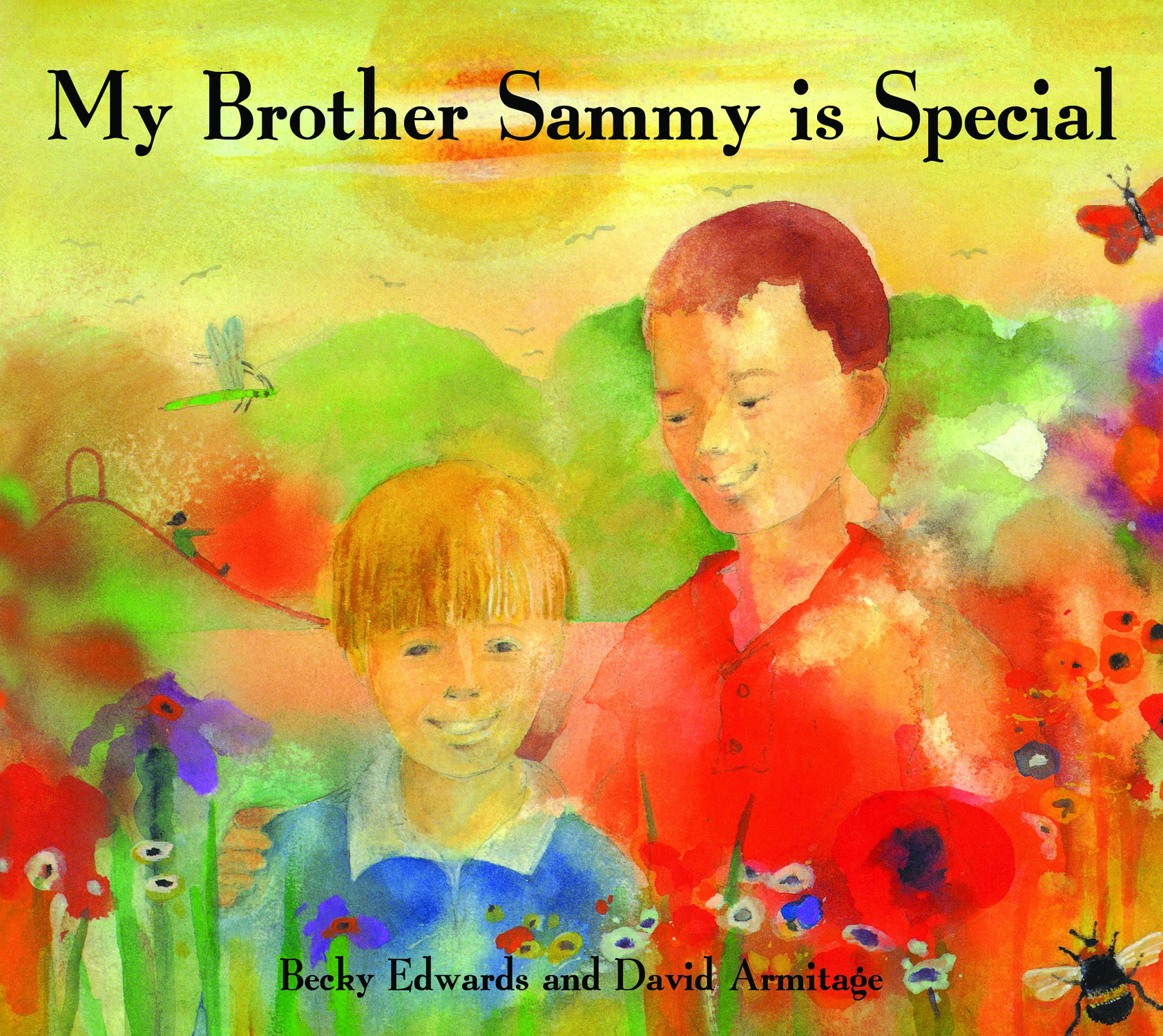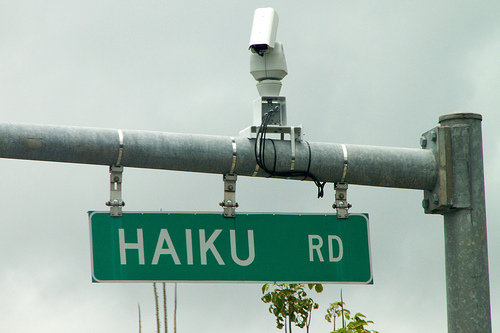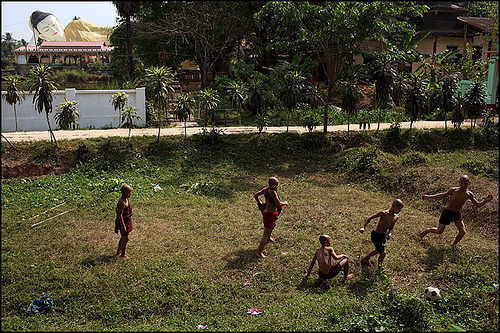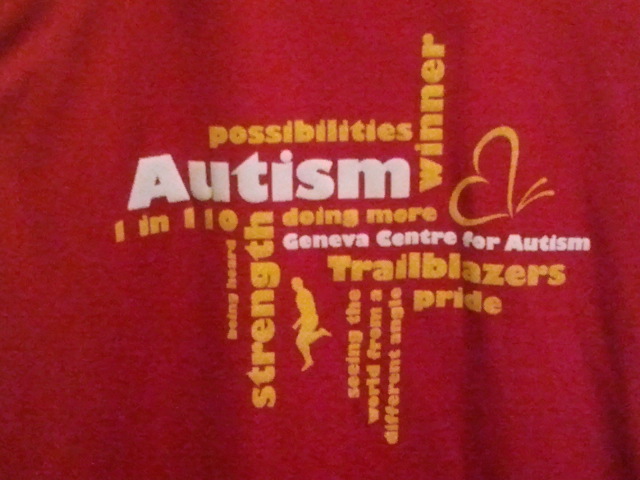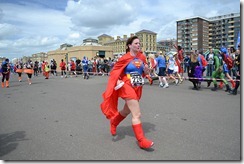I am participating in the Health Activist Writers Month Challenge, in which I publish a post every day for the month of April, based on health-related prompts.
April 16 – Pinboard: Create a pinterest board for your health focus. Pin 3 things. What did you pin? Share the images in a post and explain why you chose them.
When I was pregnant with my older son George, I had to stop running because my sense of balance went pear-shaped. Over the next several years, I tried to get back into it but there was always something that stopped me. Injuries, time commitments, illness, you name it. One day, an email from the Geneva Centre for Autism got me going again. They were entering a team of runners and walkers in the Charity Challenge of the Scotiabank Toronto Waterfront Marathon/Half-Marathon/5K event. After briefly considering the 5K, I went for broke and registered for the half-marathon. The opportunity to do something for my son and the rest of the autism community turned out to be just the motivation I needed. Although I will be doing my fourth Run for Autism this year, that first finisher’s medal will always take up pride of place on my mantel. Every step I take on my autism runs I dedicate to my amazing son.
Einstein was a pretty awesome dude. As a child he was apparently not the sharpest crayon in the box, but his mom never gave up on him and he turned out OK. He made many discoveries, came up with theories that I cannot begin to understand, and said a lot of profound things. This one is my favourite Einstein quote. It is a perfect encapsulation of the idea that society is enriched by people thinking in different ways. George’s autism comes with all kinds of challenges. There are times when I want to cry with sadness or frustration. Some days are downright overwhelming. I often wonder if George will ever be able to communicate with other people. Despite all of the difficulties, though, George’s autism makes him think in truly unique ways. He can problem-solve rings around the rest of us just because he sees things in such different ways.
Autism is like a kaleidoscope. It can change and evolve over time. The behaviours and challenges exhibited by an individual with autism can be different from one day to the next. There are so many variables – adherence to regular routines, the presence or absence of loud noises, stress levels in the environment, even the weather. Not only does the real impact of autism change all the time, it is experienced in very unique ways by different individuals. I don’t know who it was that said, “If you’ve met one person with autism, you’ve met one person with autism.”
(To visit my Pinterest board, go to http://pinterest.com/running4autism/hawmc/)





